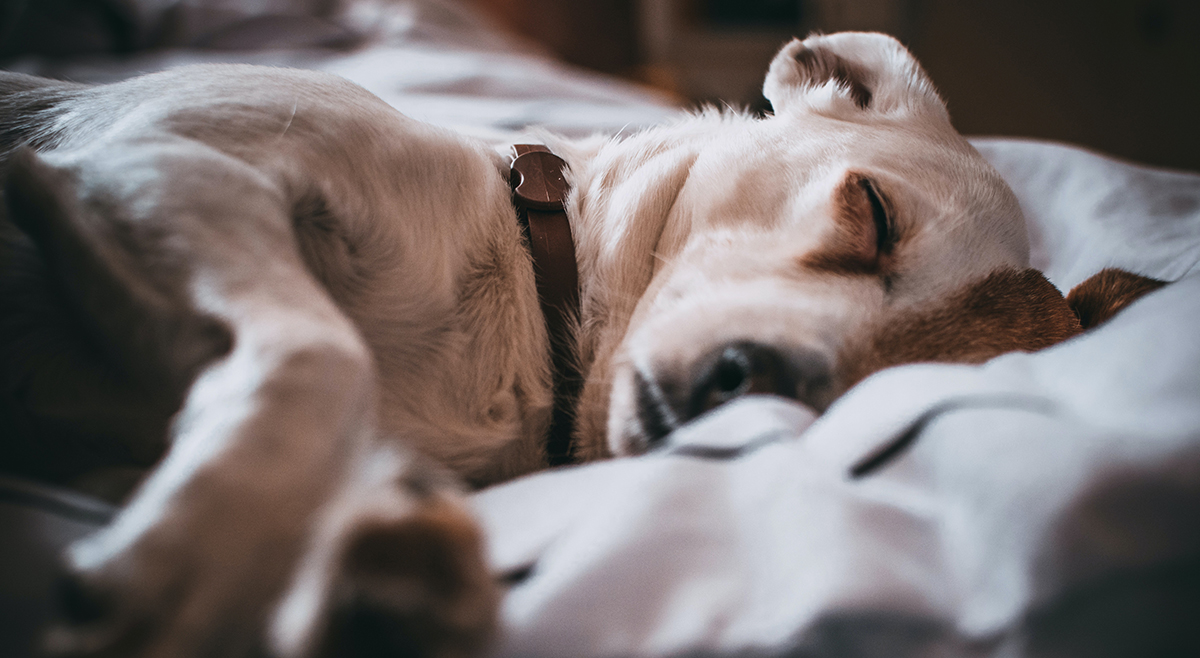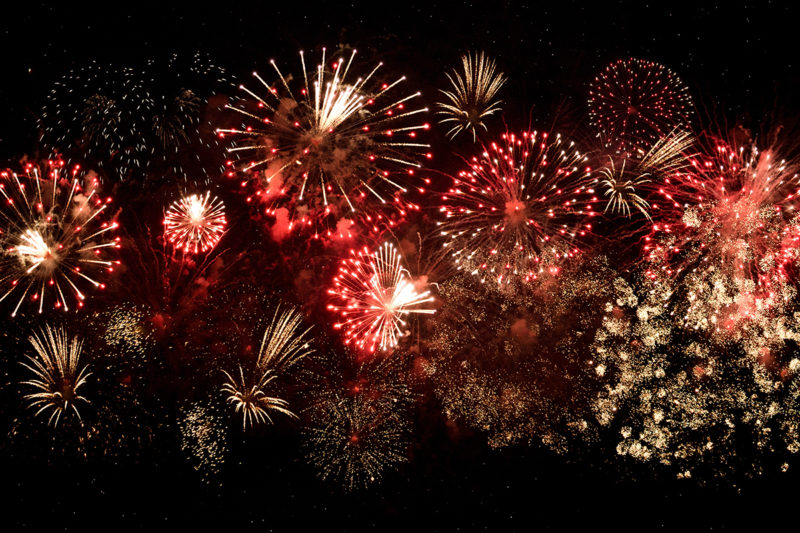Reuseabox Expands Team Following Major Lincoln Expansion
New hires mark a significant milestone in scaling operations and growing reuse supply chains. Following its recent move into ...
Read MoreRemember remember the 5th of November!
With Bonfire night fast approaching Jerry Green Dog Rescue have some tips and advice to share with you on how you can try and keep your dog calm and settled during the celebrations.
Shelley Wilks, Deputy chief Executive for the rescue says: “We know that many dogs are not bothered by the fireworks and during the numerous displays throughout the year those days will go by like any other. Whereas for some dogs, it is quite a different story. Many are terrified by the loud bangs and flashing lights, and it can be a traumatic experience.
“It may be a time of year you dread with your furry companion, but there are things you can do in preparation and during the night to make it easier on you both to cope with.
“We’re also aware that throughout lockdown, many people have welcomed new furry friends into their home who may have never heard fireworks before, so now is the time to prepare them for this new experience.”
Jerry Green’s tips on what you can do in advance:
Starting now, you can begin acclimatising your dog to firework sounds. There are CDs and downloads available of generic firework/bonfire noise that you can use. You can also check this video out on YouTube: Firework sounds.
Training should begin as far in advance as possible and is an ongoing process. Don’t expect success overnight: just like humans, working with phobias takes time!

Keep your furry friend calm with these handy tricks
1. First, take your dog to the vet. Noise sensitivity is often seen in pets who are in pain or have undiagnosed medical issues, such as gastrointestinal problems. If your pet is in discomfort, training will at best take much longer, or at worst be completely ineffective.
2. Decide on a time during the day when it is most convenient to train, and plan that in to your schedule. This will make it more likely that you are able to stick to the plan, even in the face of busy, everyday life. You’re best doing several short sessions a day, then one long session.
3. Systematic desensitisation has been shown to be most effective at helping with noise phobias. This involves playing firework noises and GRADUALLY increasing volumes at a pace that your dog can cope with.
Remain calm whilst you do this training, and continue with your day as normal, but ensuring to keep a close eye on your dog.
– Play the sounds at such a low volume that your dog notices the sound, but does not respond fearfully to it. Their ears might prick, and they may look up, but they should quickly be able to go back to what they are doing. Look out for signs of anxiety like licking lips, yawning, scratching, whining and pacing, and immediately reduce the volume further.
– Over the course of many days, increase the volume very gradually, noting how your dog responds each time and adjusting the volume as needed. Don’t increase the volume until your dog is able to ignore it at its current level.
– Never throw your dog into the deep end by cranking up the volume and expect them to get used to it- it won’t work and your dog will suffer as a consequence. Slow, gradual exposure is key.
If you seek further advice and support, please contact your vet, our Enterprise Trainer or a qualified dog behaviourist.

Jerry Green’s tips on what you can do on the day:
1. Create a safe space for your dog to relax– somewhere where they can retreat to away from the noise
2. Be on hand to provide comfort and reassurance– try to keep them as calm as possible
3. Take walks in the day before it gets dark– this will be a quieter and less stressful for them
4. Make your own noise– play their favourite music or have the TV on to distract them from the noise outside
5. Close your windows and curtains– shut out the flashes and muffle the noise
6. Talk to your neighbours and event venues in your area– ask them if they’re having fireworks so you can be prepared on the night they do
7. Provide lots of drinking water– nervous dogs are likely to pant more and become thirsty
8. Keep them in a secure room when answering the door– this means they won’t be able to suddenly escape out of the door
9. Provide a long lasting tasty treat– treats like a filled Kong can keep them distracted and their mind busy
10. Use relaxing aromas in your home– scents like Lavender and Chamomile can aid relaxation. There are also calming medications/remedies available that you can purchase through your vets. Always make sure you follow the manufacturer’s instructions and seek advice from a vet before using any product
11. Use tried and tested pheromone therapy – such as Adaptil, which has been proven to reduce anxiety during thunder storms. Always make sure you follow the manufacturer’s instructions and seek advice from a vet before using any product
Check out some more of their holiday tips on their Tips and Advice page.
New hires mark a significant milestone in scaling operations and growing reuse supply chains. Following its recent move into ...
Read MoreSills & Betteridge LLP announce this month, the appointment of Melanie Morton as their new Head of Employment Law. Melani...
Read MoreLog into your account
If you have difficulty logging in, please reset your password. If you continue to experience issues, please email marketing@lincs-chamber.co.uk
